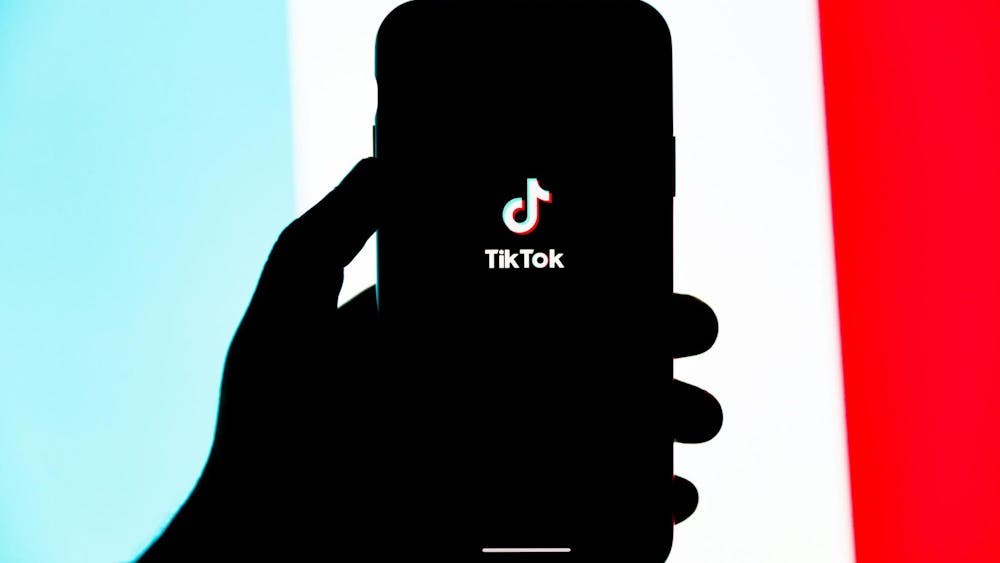On Nov. 15, the Federal Trade Commission (FTC) announced a new policy that forces the labels of homeopathic medicines to admit they don’t work. While many people applaud the FTC for finally holding homeopathic drugs to the same standards as modern medicine, critics fear that this labelling might actually increase sales of the bogus meds instead of deterring them.
Homeopathy is a form of alternative medicine from the late 1700s. It’s based on the idea that “like cures like,” meaning that a substance that would cause disease-like symptoms in a healthy person could cure those symptoms in a diseased person. If that seems a little backwards, it is – it’s like saying that poison ivy gives a healthy person a rash, so we should use it to treat a kid with carpet burn. The theory is faulty, and so are its methods — homeopathic “drugs” include a wide spectrum of substances, from salt, to arsenic, to thyroid hormone (and in the traditional version, blood and feces from sick people). Furthermore, homeopathic theory requires extreme dilutions of these substances, to a point at which almost none of the original molecule — the so-called active ingredient — remains. That’s okay with homeopaths, who claim that the healing aura of the medicine is retained in the water.
Homeopathy is a classic example of pseudoscience, a system of beliefs that claims to be scientific in nature but has actually no basis in fact. Modern medicine has repeatedly and thoroughly debunked homeopathy as completely ineffective; scientific studies find that the benefit from these drugs is no greater than that of a placebo. Yet you can still buy homeopathic medicines at your local Walgreens — and many people do. Why is that?
At least part of it has to do with false advertising, and that’s the part the FTC cracked down on earlier this month. For example, the packaging of homeopathic giant Boiron’s “Coldcalm” medicine (which is really the homeopathic drug Oscillococcinum, which is really one part duck liver to 10400 parts water, and which has never been shown to be more effective than a sugar pill), reports that the drug can be used to treat “sneezing, runny nose, nasal congestion, and minor sore throat.” Before the FTC stepped in, the only caveat to this claim was an asterisk and the tiny sentence “these claims have not been verified by the FDA.” Now, the packaging of Coldcalm — and all its homeopathic brethren — will have to clearly state that a) homeopathic medicine is based on theories from the 1700s that are not accepted by most modern experts, and b) that there is no scientific backing to their medicinal claims.
It sounds like a win for the FTC, and it is most definitely a step in the right direction. However, some critics worry that this stipulation is not enough to curb the sales of homeopathic remedies, and may actually work to increase them. Many consumers today are distrustful of modern science – for evidence, look no further than the movements of anti-vaxxers or climate change deniers. For consumers like these, advertising that a product isn’t accepted by modern science may actually encourage sales.
But who cares? Homeopathic remedies won’t cure a disease, but they’re certainly not going to hurt someone. The answer is in opportunity cost. People turn to homeopathy in place of actual medical care, and as a result they can miss timely diagnosis and actual treatment. There are homeopathic remedies on the market for sore throats and colds, but also for HIV, tuberculosis, malaria and influenza. These are serious diseases, and they require serious medical treatment — not diluted duck liver. By preventing people from seeking appropriate medical assistance, homeopathy quite literally endangers lives.
Unfortunately, our current culture encourages the use of so-called “organic” substances, a decrease in the number of “chemicals” in our body, a focus on “natural” treatments. I use quotation marks because the people who use these words in this way do not understand their actual meaning. A lack of education and a fundamental disconnect between doctors and their patients, researchers and the public, has given way to this culture and fuels the fires of things like homeopathy: pseudoscience that may seem like a harmless hoax, but can actually be very dangerous. This month the FTC made a great first step towards stopping these cons, and it’s time we all follow suit — and stop letting snake oil salesmen take advantage of our broken system.













